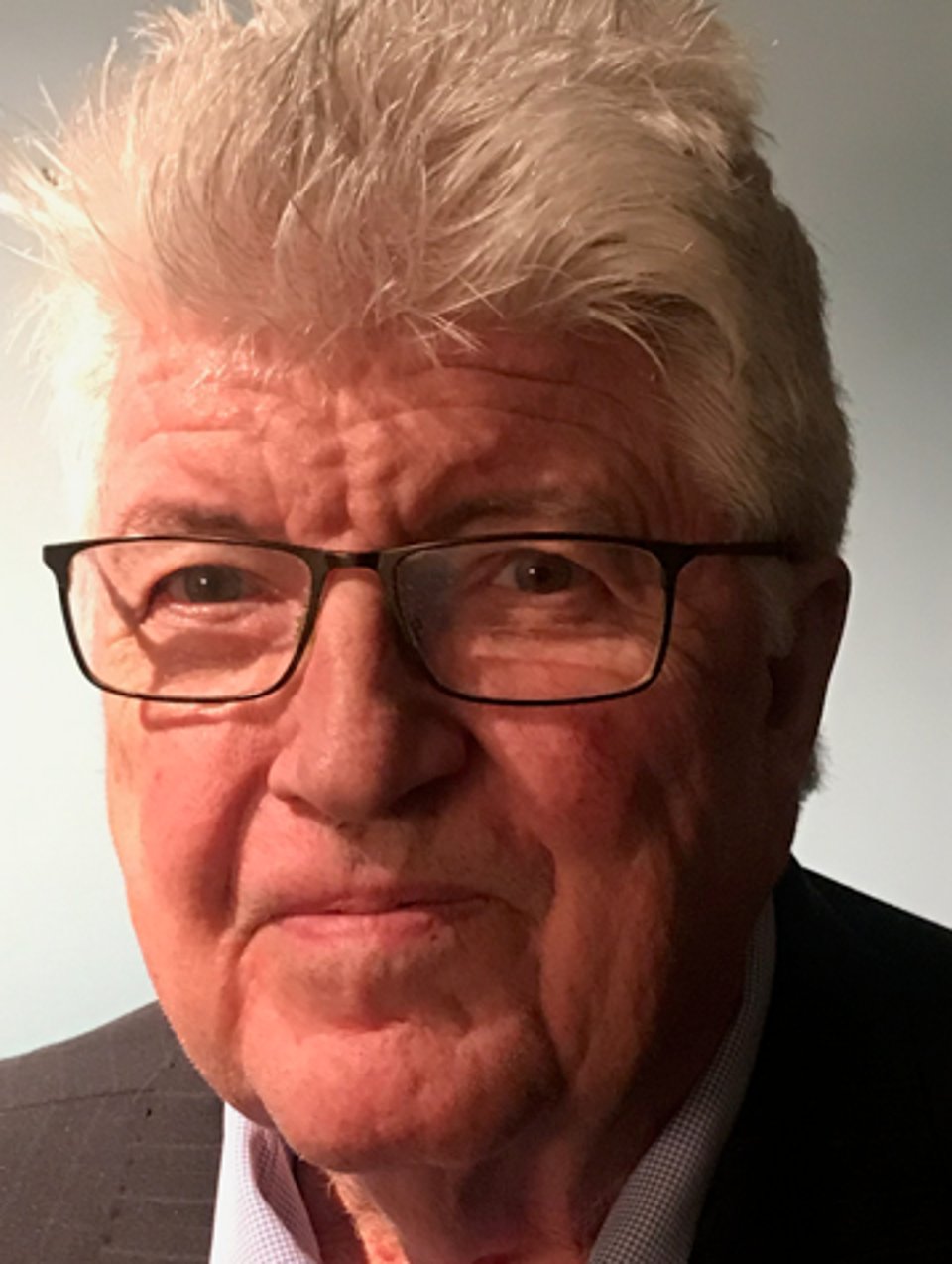Now is not the time for a federal election
“He could miss his ideal window for winning reelection, especially if the economy turns down and COVID rears up again in the coming months, as some experts fear.”—Bob Hepburn, Toronto Star, July 11, 2021
Toronto Star columnist Bob Hepburn is referring to the risk of Justin Trudeau waiting until October to call an election.
Trudeau has shaved off his beard and trimmed his hair. Pre-writ electioneering (at taxpayers’ expense) is occurring across the country. Funding announcements including rail lines and day care were made from Digby to Trois-Rivières, and Waterloo to Calgary to Burnaby. At present, the Liberals are ahead 9-12 points in the national polls. After six months, a new Inuk Governor General—Mary Simon—has been selected. An election thus seems imminent. But is this not risky and premature?
Business leaders are opposed inasmuch as the Liberal government lacks a concrete plan to reopen the U.S.-Canada border and stimulate the economy. As Perrin Beatty of the Canadian Chamber of Commerce stated, “When we get into an election, governments tend to shut down. They don’t want to make decisions that are profound.”
In addition, there are major risks that there will be sudden local flare-ups of the COVID-19 pandemic.
Due to the Peltzman Effect, vaccines heralded as a panacea to the pandemic weaken adherence to other safety measures such as social distancing and wearing masks—even for the unvaccinated. This is substantiated by the record number of Americans travelling by car and air over the July 4th weekend.
In Canada, Trudeau prides himself on the fact that 42% of persons have received both doses—much like the worst areas of the United States. For example, the vaccination rate in British Columbia is similar to that of Georgia, Alberta to that in South Dakota, Saskatchewan to Michigan, Manitoba to Iowa, Ontario to Kentucky, and Quebec and Nova Scotia to Tennessee.
Doubling every two weeks, the delta variant now accounts for half of cases in the U.S. and over 80% in Ontario; it is six times as contagious as the original strain of the virus.
In most of Canada, the COVID-19 pandemic does seem to be on the wane. Alberta is now holding the Calgary Stampede. All of Quebec has gone to the green level. Ottawa has had no new cases for the first time in a year. Ontario has cancelled border controls with Quebec and Manitoba, and will soon move to Step 3. Saskatchewan and British Columbia have dropped nearly all of their public restrictions. After 14 months, Newfoundland and Labrador will welcome fully-vaccinated visitors from the rest of Canada.
Except in the territories, only 45% of all eligible Canadians have been fully vaccinated. Nearly five million children under age 12 will not qualify for vaccines until fall. In the U.S., 99% of deaths have been in the unvaccinated. Yet an Ipsos poll that found nearly 20% of Canadians were hesitant or refused to get the vaccine.
If recurrent waves of this and any future pandemics are to be avoided, the premiers thus cannot rely entirely on vaccines; they must use all the potential tools in their toolboxes. This requires increased rapid testing and contact tracing, adequate paid sick benefits, increased numbers of isolation centres, and greatly enhanced temporary funding for these from Ottawa.
This summer, likely due to climate change, there have been nearly 500 deaths from hyperthermia in British Columbia, and some 200 fires active every day in that province, with record high temperatures across the West. Federal assistance may be increasingly required. Many persons will be displaced or homeless—hardly the best time to hold an election!
One issue, which largely pertains to Quebec and New Brunswick, is that since 1995, every Governor General has spoken French—the first language of 23% of Canadians. It will be very difficult for Simon to learn a new language, but she seems very intelligent and motivated. However, it would be most unfair to her for Trudeau to dissolve government before she even has a chance to undertake sufficient French studies.
During the election, the remaining ministers will have reduced power, the other MPs will have no legal status, yet major decisions may have to be made. There will be no way for Canadians to properly hold the Liberal politicians to account.
As Lorne Gunter argues (Ottawa Sun, July 11, 2021), Canadians do not like early elections, called just for political advantage, as evidenced by what happened to David Peterson in Ontario in 1990 and Jim Prentice in Alberta in 2015.
For a multitude of reasons, unless one is a Liberal, now is definitely not the time for Trudeau to call an election.
Ottawa physician Dr. Charles S. Shaver is Past-Chair of the Section on General Internal Medicine of the Ontario Medical Association.


